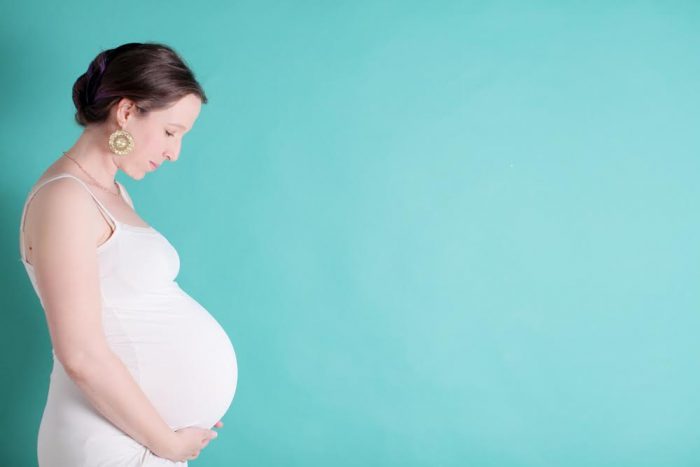Published study of more than 8,000 women from seven Western countries reveals mental health risks at onset of pandemic
A study that assessed stress, anxiety and depressive symptoms in pregnant women from seven Western countries during the first major wave of the Covid-19 pandemic (April 17 to May 31, 2020) shows that stress from fears about Covid-19 led to anxiety and depressive symptoms above normal levels. Led by Stony Brook University Professor Marci Lobel, PhD, the findings are part of the International Covid-19 Pregnancy Experiences (I-COPE) Study and are published in Social Science & Medicine.
The Covid-19 pandemic has had unprecedented impact on public health, including mental health, and has affected social and economic conditions of people worldwide. The onset of the pandemic was especially stressful for pregnant women because of the initially unknown effects of the virus on fetuses, and because prenatal care and labor and delivery practices were greatly altered. The I-COPE Study is the first major research project to compare stress and mental health in pregnant women across these Western countries.
The study involved 8,148 pregnant women (on average about 27 weeks pregnant) from the United States, Germany, Switzerland, Spain, Poland, Italy and Israel. While the countries varied in magnitude of pandemic-related pregnancy stress – likely because of cultural differences and the specific impacts of the pandemic in each country – anxiety and depressive symptoms among the cohort were strongly predicted by pandemic-related and pregnancy-specific stress – a result the authors found was replicated within the individual countries.
”Our findings show that the stress experienced by pregnant women predicted more frequent anxiety and depressive symptoms, including symptom levels above clinically defined thresholds for poor mental health,” explains Lobel, Director of I-COPE, and a Professor in the Department of Psychology and the Department of Obstetrics, Gynecology and Reproductive Medicine at the Renaissance School of Medicine at Stony Brook University.
Among the seven countries, rates of moderate and severe anxiety symptoms ranged from 14.2 percent to 36 percent, and rates of likely depressive disorder ranged from 10.8 percent to 30.5 percent. Rates of both types of mood disturbance among women in Germany, Poland and the U.S. exceeded global ranges reported by analyses prior to the pandemic. Pregnant women who were younger or pregnant with their first child, those with high risk conditions, and those with limited access to the outdoors reported higher stress, and high stress in turn predicted the mood disturbances examined in this study.
Lobel and colleagues point out that many pre-pandemic studies – including those centered around other traumatic communal events such as the aftermath of natural disasters or terrorist attacks – also find evidence that prenatal stress is a risk factor for adverse maternal, fetal, infant, and child outcomes. Yet comparisons of these effects across multiple countries are rare, and the ability to examine them in the context of a global health crisis, when stress and its consequences are heightened, is unparalleled.
In 2021, Lobel and colleagues showed in another published study of women in the U.S. that prenatal stress during the pandemic onset also predicted worse birth outcomes, including greater likelihood of preterm birth or delivery of a newborn small for gestational age.
The authors conclude that results of the I-COPE Study confirm that stress from the pandemic is a strong, common predictor of anxiety and depressive symptoms in pregnant women. They add that the results “can be used to inform research and clinical interventions to protect against adverse consequences of prenatal stress, anxiety, and depression, as these mental health impacts pose longer-term threats to the health and well-being of women and their offspring.”










